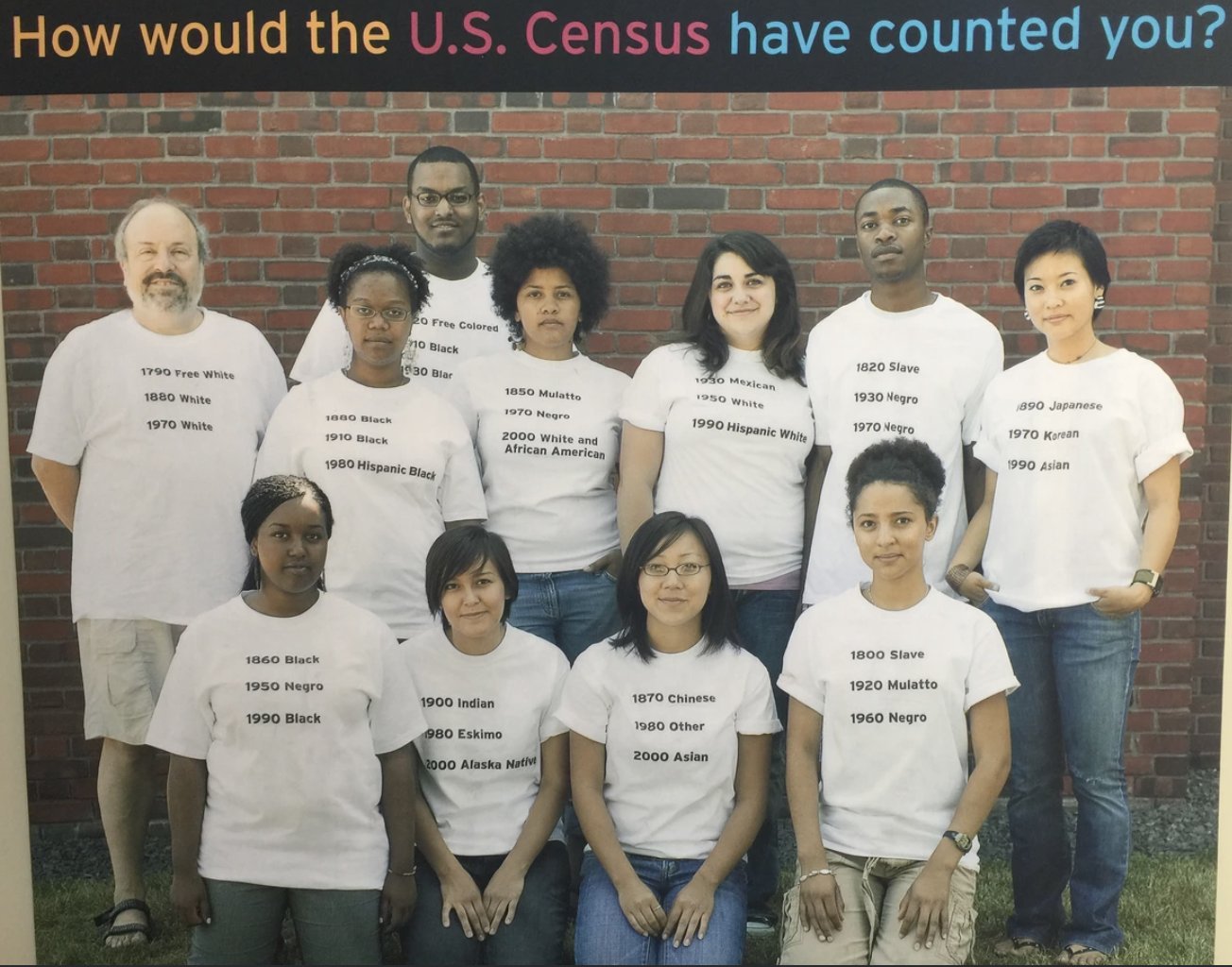equity workshops
-

exploring bias
explore the basics of bias and learn about the differences between explicit and implicit bias. gain awareness of the science behind your brain and how it automatically creates in-groups and out-groups based on your own identity and stereotypes absorbed about others. leave with self-reflection tools to interrogate explicit biases and concrete strategies to mitigate your implicit biases.
-

introduction to race and racism
part 1: explore the history of race and racism in the American context. gain an understanding of the basic underpinnings and lasting ideologies behind the concepts of race and racism. confront your own pre-existing views on race and racism with under-taught truths from history.
part 2: with a basic understanding of the history of race and racism, explore definitions and frameworks for combating racism in your work. leave with resources, recommendations, and a guide to move you and/or your organization from commitment to action.
-

moving beyond allyship
in this interactive session, learn about the history of the term, examples of ‘allyship’ throughout the decades, and about how recent distinctions between being an ally, advocate, and a ‘co-conspirator’ have pushed the thinking of those empowered to achieve a more just, inclusive, and anti-racist society.
-

navigating stereotypes
learn about how stereotypes affect decision making, how often ‘common sense’ assumptions lead to harm, and how ‘stereotype threat’ expends valuable cognitive resources and inhibits a sense of belonging. leave the session with concrete measures to combat the impacts of stereotyping.
-

american immigration & me
explore migration and immigration patterns of a variety of ethnic and racial groups over the course of American history. contextualize what you know about your own family’s migration or immigration story and better relate it to the migration or immigration stories of others. connect how (known and unknown) stories of migration relate and shift to our sense of self, and can increase your ability to make sense of immigration today and connect and advocate for our students and communities.
-
asian american history, identity, and cross-racial solidarity
learn an overview of Asian American history, the origins of the term ‘Asian American’, and about an ongoing movement for Asian American rights. develop a deeper understanding of how Asian American identity is tied closely to broader movements for civil rights, and how a recent wave of ‘anti-Asian hate’ coupled with a pervasive culture of anti-Blackness has shaped various communities' responses and demands.
-

racialized identity and the law
explore the foundations of legalized racialized identity in the United States, beginning with the Constitution and evolving over time. build your own understanding by tracking how various ethnic and racial groups have strategically advocated for their rights by appeasing or confronting a legal system and institutions built around the goal of maintaining and sustaining power and capital.
-

public education, race, and the law
understand the basics about the intersections of American public education, race, and ways the legal system has sustained inequity. build your awareness on the ways individuals and institutions perpetuate unequal educational environments for marginalized students, and how movements for equity have transformed over time.
-

the air we breathe: climate justice is racial justice
understand the intersection of oppression and the climate crisis. consider how climate change impacts our future and will continue to create disproportionate impacts for communities of color. reflect on our impact and what we can do to help.
-
building school equity teams
build your ability to norm and form ‘equity teams’ in your school or district. The session builds takeaways from schools and districts and includes recommendations for selecting a balanced team of stakeholders, co-constructing community agreements and a shared mission and vision, assessing the needs of the school community through an inquiry process, and creating achievable, time-measured goals.
-

introduction to crse
learn the history behind culturally responsive and sustaining education by starting with an overview of decades of academic research and theory that center students marginalized by traditional models of education. further your ability to realize a vision where students experience academic success, build sociopolitical and sociocultural consciousness, and sharpen their critical lens’ to challenge inequitable systems
-

history of bias in testing and grading
moving from theory to practice in anti-bias education is one of the biggest hurdles for educators. In this session, explore the history of how biases and racist ideologies were core to the creation of the standardized test as we know it, and how schools, districts, and organizations are interrogating the lasting legacies of grading practices today.
professional moderation
-

debates
jeremy has experience moderating political debates in an objective, fair, and consistent manner. he has moderated debates for clubs and organizations, including debates for NYS Assembly and Queens District Attorney.
-

panel discussions
jeremy has developed and moderated student and adult panels for districts and schools to better understand the needs of their communities and better includes student voice into the planning process.
-

special events
jeremy has MC’d and moderated numerous events, including Q&As, district-wide equity conferences, and more. above is jeremy moderating a student film festival panel at the IFC center.

